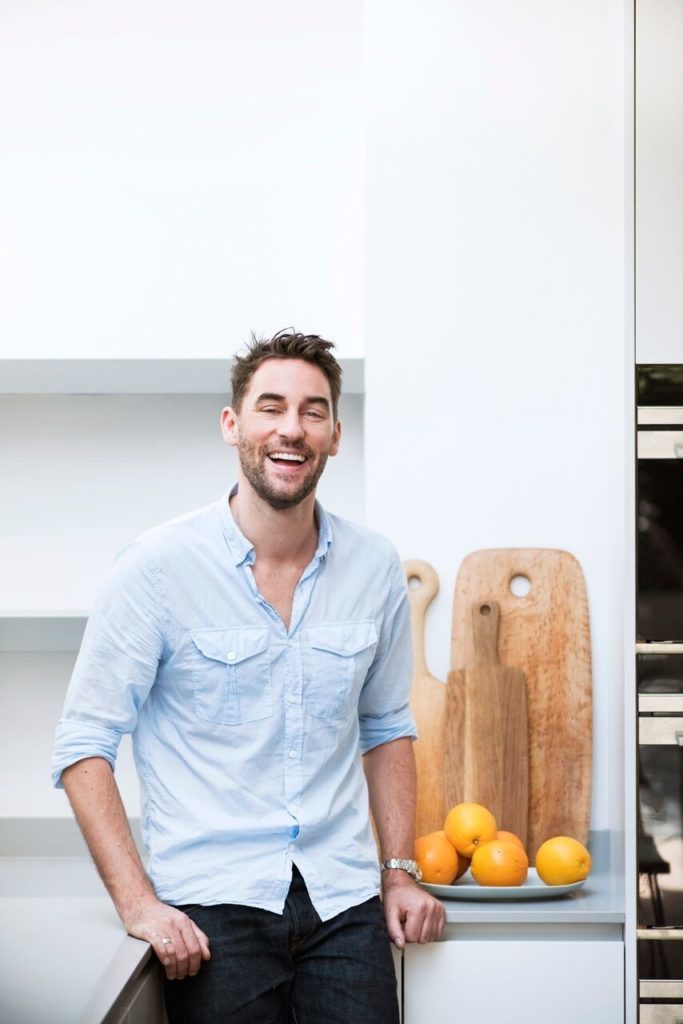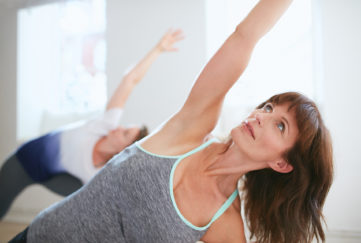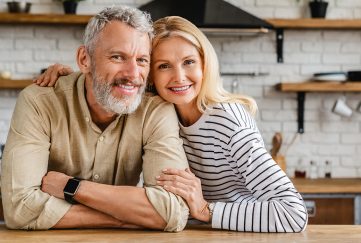The Good Recovery Plan
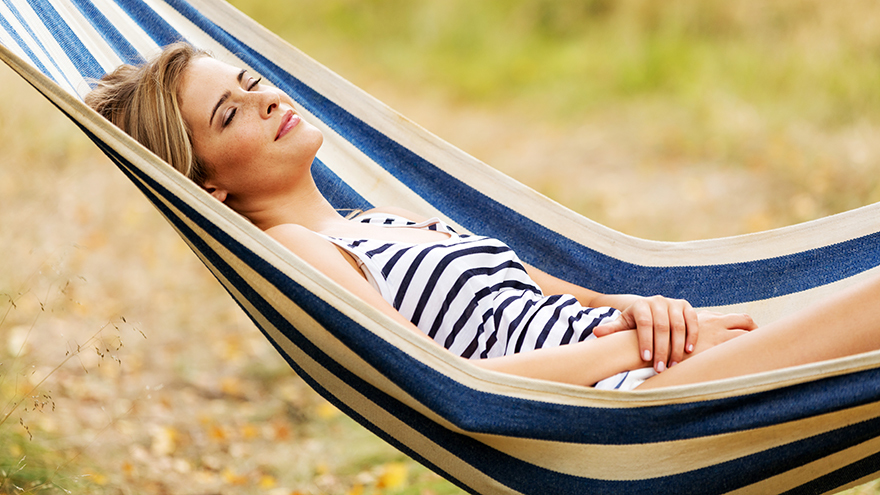
Getting better takes time and in our time-strapped culture, and with job security feeling precarious, we can feel guilty for taking it. As Nutritional Therapist for A.Vogel Alison Cullen points out, “The hardest thing I find in my clinic is stopping people crawling back to their desks as soon as they are able to slide out of bed.”
Give me a break
“The thing about an illness is that you really need to be on its side, to give yourself the very best chance of recovery,” says Jill Sinclair, author of The Art of Being Ill adding, “If you are ill it’s your body saying, ‘Give me a break here I need to recover from this.'” Psychologist Dr Megan Arroll adds, “Pushing yourself when you need to convalesce is counter-productive. We have a major problem with presenteeism.” GP, broadcaster and author of Live Well to 101 (Headline Home) Dr Dawn Harper points out if it is an injury that has laid you low, “We have to be mindful of the fact that pain is a protective reflex and after an injury it is important to listen to our bodies. If it hurts, then that is your body telling you to ease off a little and that’s what you should do. It is important to allow your body time to heal.” In an ideal world we should be able to take the time we need to properly convalesce, but fuelled by our “always on” culture, these days, it seems less of an option and yet by doing so you set your recovery back. So what should you be doing to help yourself convalesce?
Go green
Alison Cullen advises, “Prioritise sleep until you have been feeling better for more than three days. What usually happens is the first day someone feels OK they forget all their self-care and end up relapsing. Sleeping is necessary for a strong immune system and promotes repair work on any damaged tissues, e.g. in the respiratory tract or an injured joint/ ligament/ etc.” So get plenty of rest and ease yourself back into normal life gently. Your time spent recuperating should lead to a strengthened immune system. If you can, get yourself outdoors – even if it is just sitting in the garden. Convalescing in the fresh air is not a new idea – in the mid 19th century convalescing in special homes by the sea or country was once a significant part of recovery – and taking yourself outdoors can help you get vitamin D from sunlight and can improve your mood. If you don’t have a garden, try to surround yourself with plants. Many studies show staring at greenery and looking at nature can help create feelings of well-being. Then when you feel ready, try to get out for a short walk but listen to your body. As Alison Cullen says, “Exercising too rigorously undermines immune function. A little gentle walking in the fresh air is OK once you feel up to it. Ventilating your sick room properly – a blast of open window air a couple of times a day, assuming you’re not by a motorway – is a good first step too.”
Top up on essential vitamins
Depending on what has laid you low, you might have lost your appetite or just haven’t had the energy to prepare food, so haven’t been getting the vitamins and minerals you need. Rob Hobson, Healthspan’s Head of Nutrition says that, “Vitamin-packed smoothies and warming soups are useful when you have a poor appetite due to illness because they can deliver a powerhouse of nutrients in a small serving.” He also points out that many of us in the UK have low levels of vitamin D between the months of October to March (we create our own stores of it naturally through sunlight) – low levels of which have been linked to many conditions including increased risk of respiratory infections like colds and flu – so “you might want to consider supplementing and there are many different ways to do this now with either vitamins, gummies, or the new Healthspan Vitmain D3 sprays or with new fortified foods with vitamin D included. ” He also stresses the importance of staying adequately hydrated when ill and convalescing: “In addition to drinking plenty of water you could also try refreshing slices of watery fruit such as melon or frozen berries. For hot drinks try adding fresh ginger, mint, lemon, lemongrass and/or honey.”
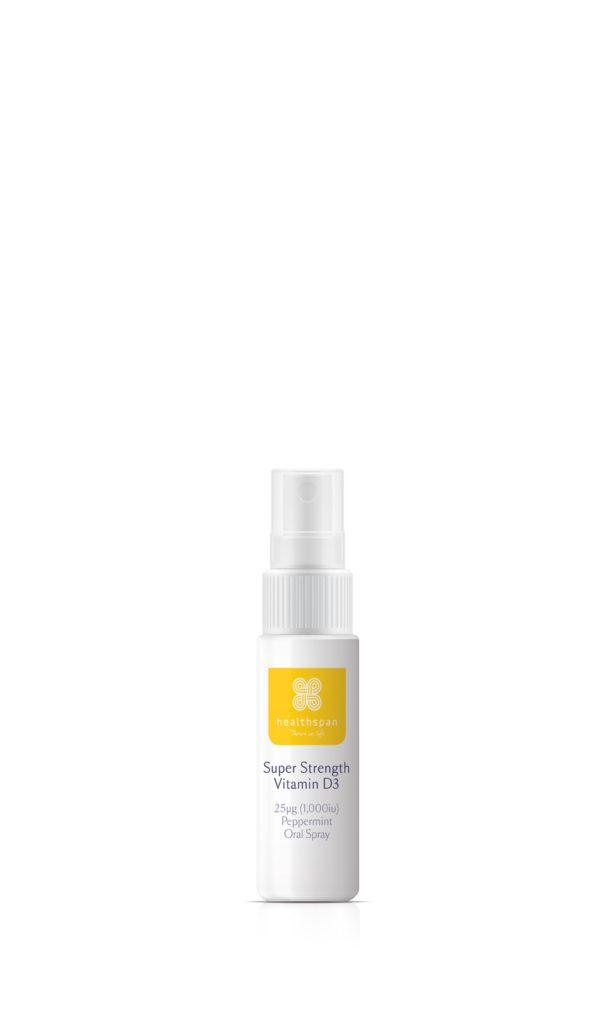
Super Strength Vitamin D3 Peppermint Oral Spray, £5.99, www.healthspan.co.uk
Put your recovery face on
If Professor Jane Cummings is right that “wearing pyjamas reinforces feeling unwell and can prevent a speedy recovery”, it may be that hanging around the house unwashed and wearing elasticated clothes is not necessarily conducive to feeling better either. Dr Meg Arroll says that helping yourself look better can lead to you feeling better, but stresses the time for this is when you are over the worst and on the mend – it is not a license to push yourself when you are ill. So wash your hair, get dressed and put your face on to psychologically prime yourself to feel better: “If you see yourself looking drained and ill you tend to immediately feel more like this,” says Dr Arroll. “If you can, avoid harsh down-lights when looking in the mirror – this visual feedback is an easy mind hack. A little bit of under-eye concealer can also help – it’s amazing how what we see can affect how we feel so ‘looking’ brighter and healthier can help boost recovery.”
Top up on a tonic
For centuries people have been taking “tonic” herbs to help them feel better after illness. Whilst there is no one magic herb or supplement, there are a number that can help you on your road to recovery. Vitamin C is one – it is known to help support the immune system and although it won’t stop you picking up colds and viruses it has been shown to reduce the duration of some illnesses. Alison Cullen suggests using, “A.Vogel Echinaforce, from £4.15 and Balance, £6.99 in combination. Echinacea protects against recurrent infection, either viral or bacterial. Balance helps restore energy – and being a powder that dissolves in liquid it’s easy to slip down and absorb even if your appetite isn’t great.”
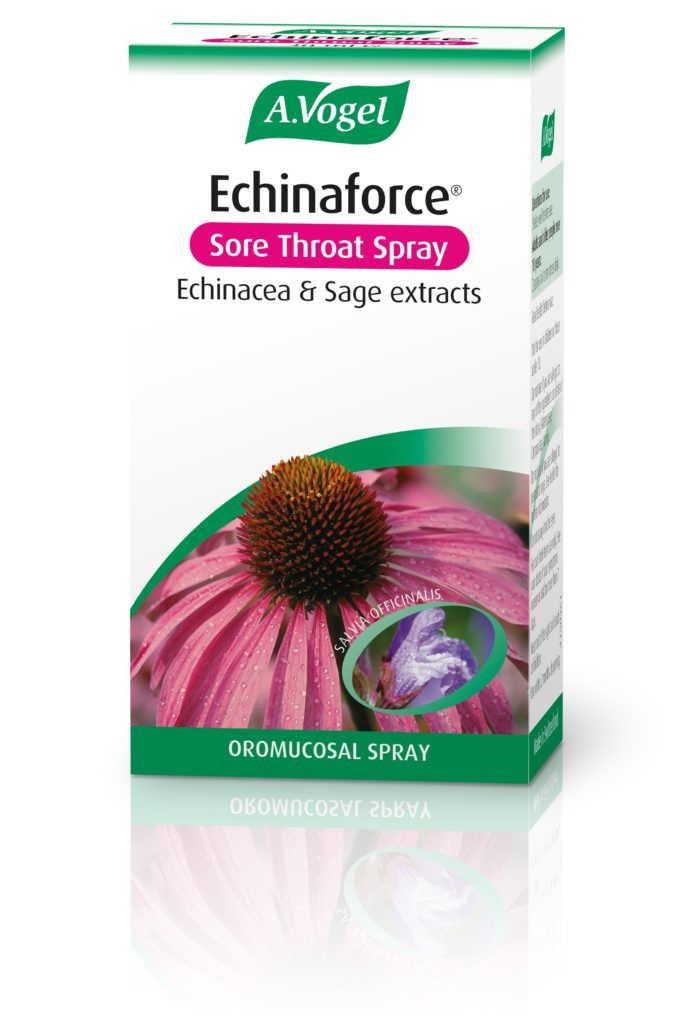
Echinaforce Sore Throat Spray, £9.49, www.avogel.co.uk.
Tackle Tiredness
If you are experiencing that all too common post viral/illness wading-through-treacle tiredness, Medical Nutritionist Dr Sarah Brewer suggests supplements of, “Ubiquinol Co-enzyme Q10 (100mg) which is needed to generate energy-rich molecules in cells, a magnesium supplement (like Healthspan’s Opti-Magnesium) and a multivitamin as a nutritional safety net. Lack of micronutrients can cause tiredness and fatigue, especially B12, folate and iron deficiencies.”
Rob Hobson adds that if you have been described antibiotics for your illness, consider a live bacteria probiotic supplement, as antibiotics can destroy healthy bacteria in the gut.
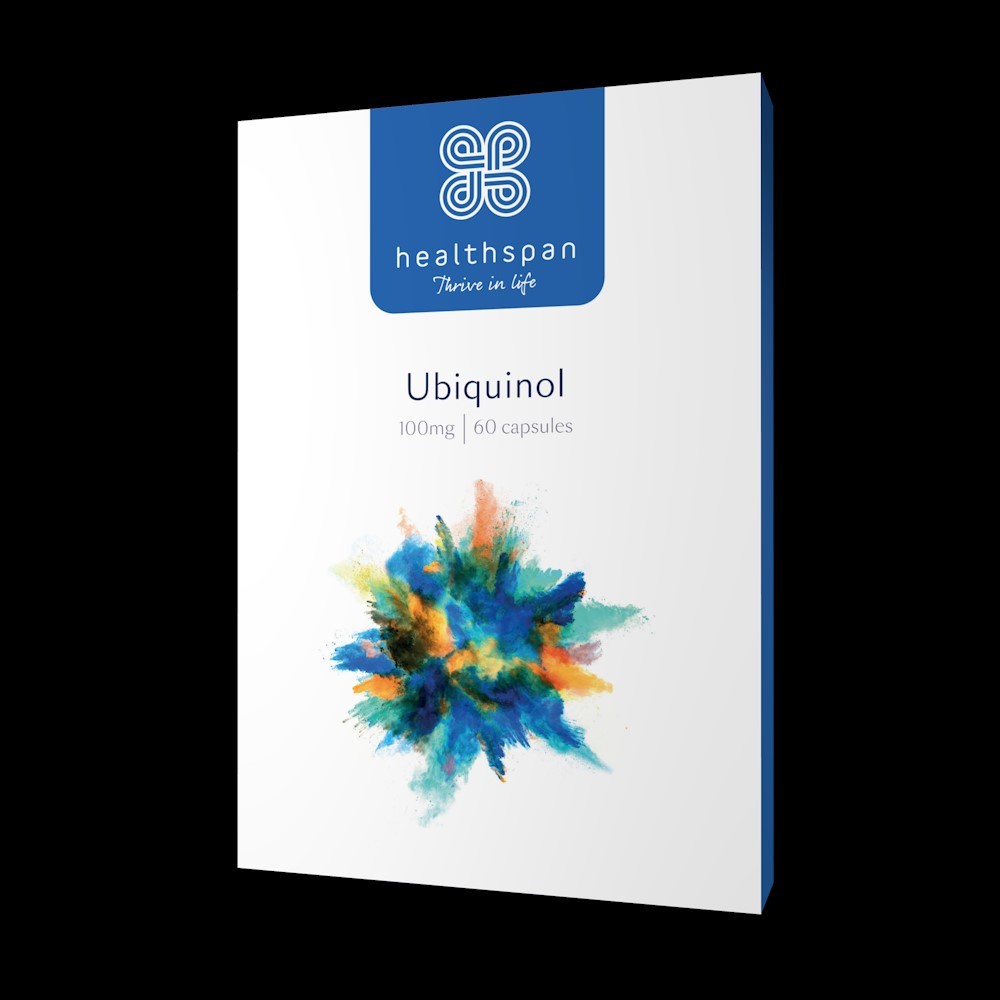
Ubiquinol, £37.95, from www.healthspan.co.uk


